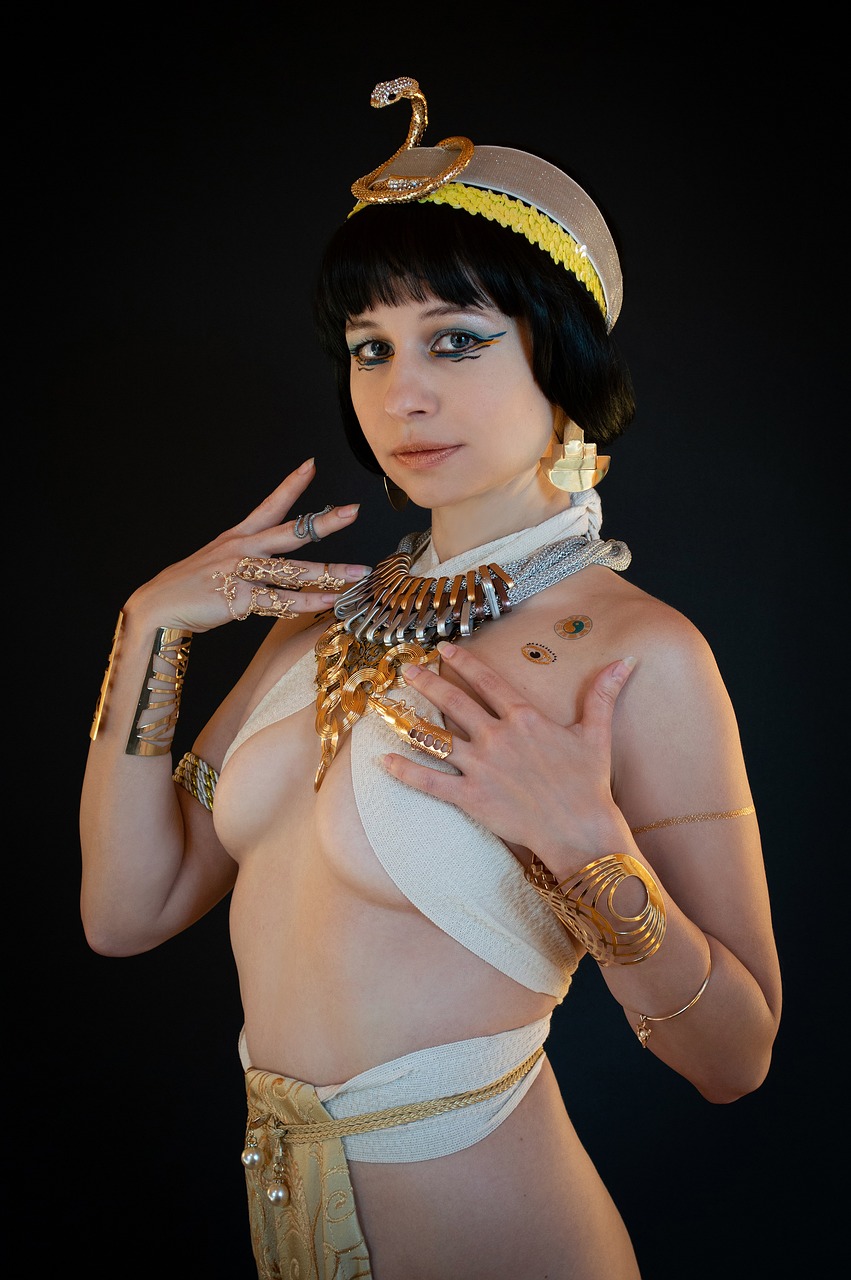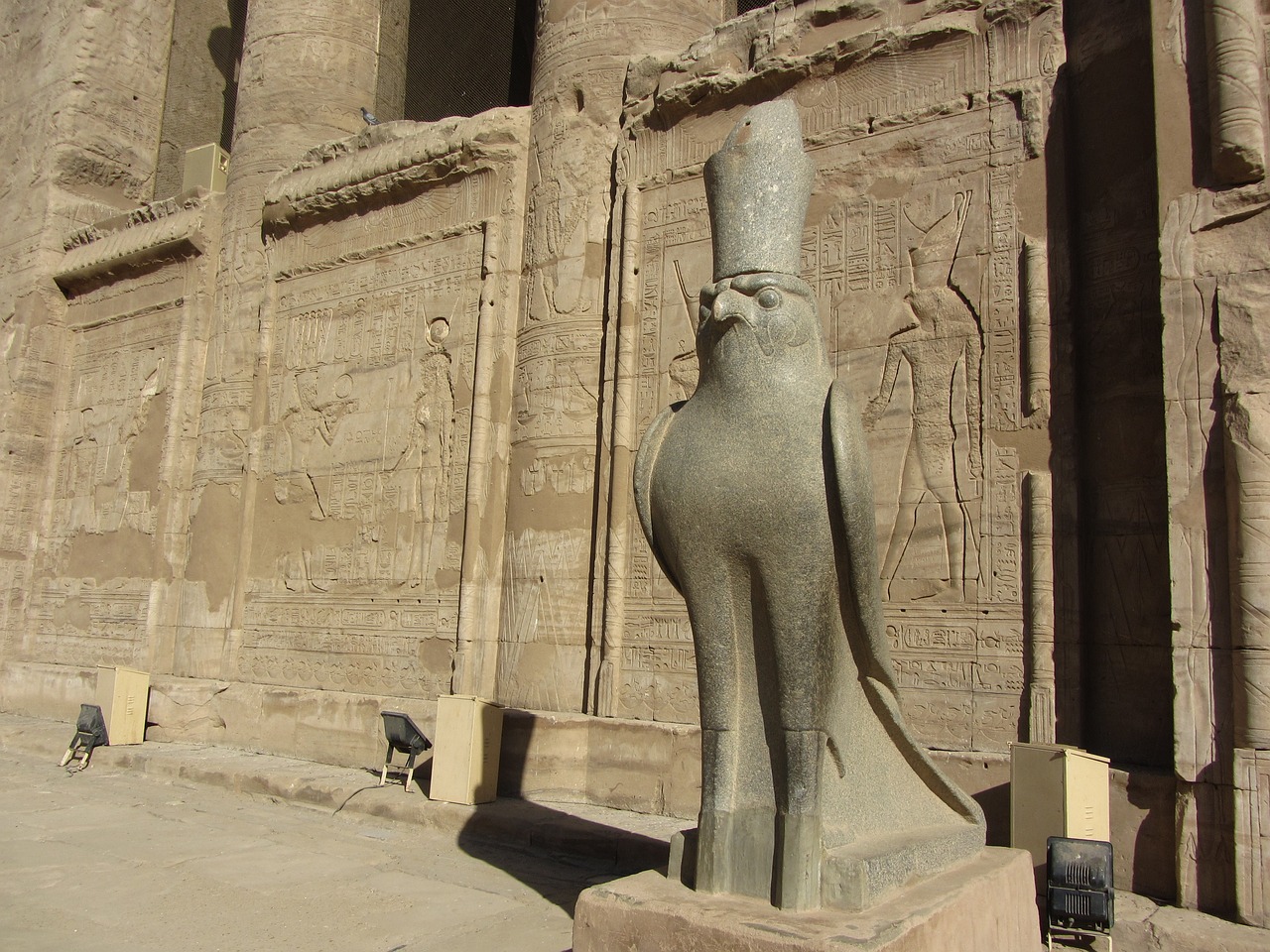Tag: Osiris
-
Osiris, a pivotal deity in ancient Egyptian mythology, held significant importance due to his dual role as both a god of fertility and the ruler of the underworld. His origins can be traced back to the locality of Busiris in Lower Egypt, and evidence suggests he may have originally represented chthonic fertility. By circa 2400…
-
Ancient Egyptian religion refers to the spiritual beliefs and practices that were part of the societal framework of ancient Egypt, dating back to as early as the 4th millennium BCE and continuing until the decline of traditional culture in the first centuries CE. Understanding these religious paradigms requires contextualizing them within the extensive history of…
-
Exploring the Underworld Journey In the realm of the afterlife, the spirit of the departed would encounter a series of divine entities, mythical beings, and guardians as they navigated their way to meet Osiris and enter the Hall of Final Judgment. This critical meeting would offer the deceased a chance to argue for their right…
-
In ancient Egyptian mythology, the deity Nephthys embodied aspects of death, darkness, and decay, but was also revered as a powerful healer and magician. Known as Nebt-het or Nebhet in her native form, her name translates to “Lady of the House.” Nephthys was born to the divine parents Re and Nut, was wed to the…
-
Osiris, the green-skinned god representing the afterlife, is among the most significant deities from ancient Egypt. Serving as a source of comfort for those yearning for life beyond death, he symbolized fertility brought by the Nile and served as a model for kingship. Osiris is unique in ancient Egyptian texts as the only god referred…
-
Understanding Horus: The Ancient Egyptian Sky God Horus, a prominent figure in ancient Egyptian mythology, represents two significant deities: Horus the Elder and Horus the Younger. Horus the Elder is noted as a primordial god, while Horus the Younger is famously recognized as the son of Osiris and Isis. Historian Jimmy Dunn characterizes Horus as…
-
The most elaborate rendition of the Osiris myth finds its roots in the works of the Greek historian Plutarch, who lived from 46 to around 120 CE. Although his recounting is more contemporary, it harmonizes with much of the earlier evidence available. Osiris is celebrated as Egypt’s inaugural king, born to Geb, the earth god,…
-
The most comprehensive narrative of the Osiris myth comes from the works of the Greek historian and philosopher Plutarch, who lived from approximately 46 to 120 CE. While his recounting is relatively late, it aligns harmoniously with evidence derived from earlier historical periods. Osiris is renowned as the inaugural ruler of Egypt, born to Geb,…
-
Egyptian mythology is composed of a diverse array of gods and goddesses, with Osiris emerging as a particularly remarkable figure. This exploration of Osiris will delve into his myths, attributes, and enduring significance in both ancient and contemporary contexts. Who is Osiris? Osiris, a central deity in Egyptian mythology, is often depicted with green skin,…
-
Osiris is revered as one of the principal deities of ancient Egypt, embodying complex themes of fertility and the afterlife. Initially, he was a local deity linked to Busiris in Lower Egypt, possibly representing the fertility of the underworld. By around 2400 BCE, Osiris was firmly established in dual roles: as a deity of fertility…









